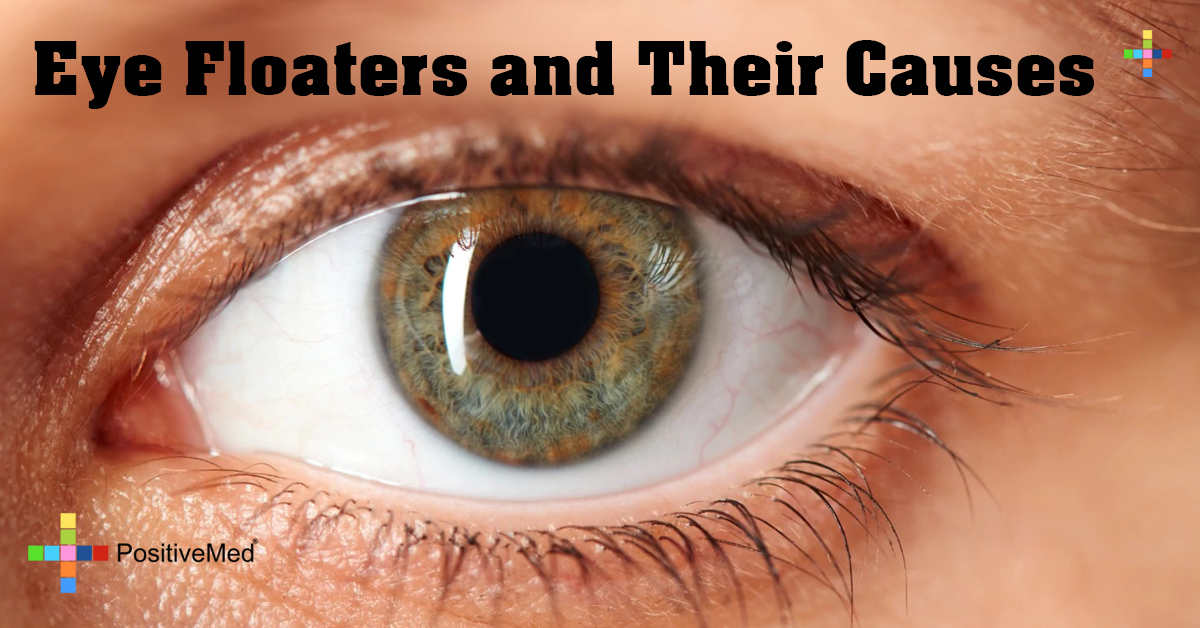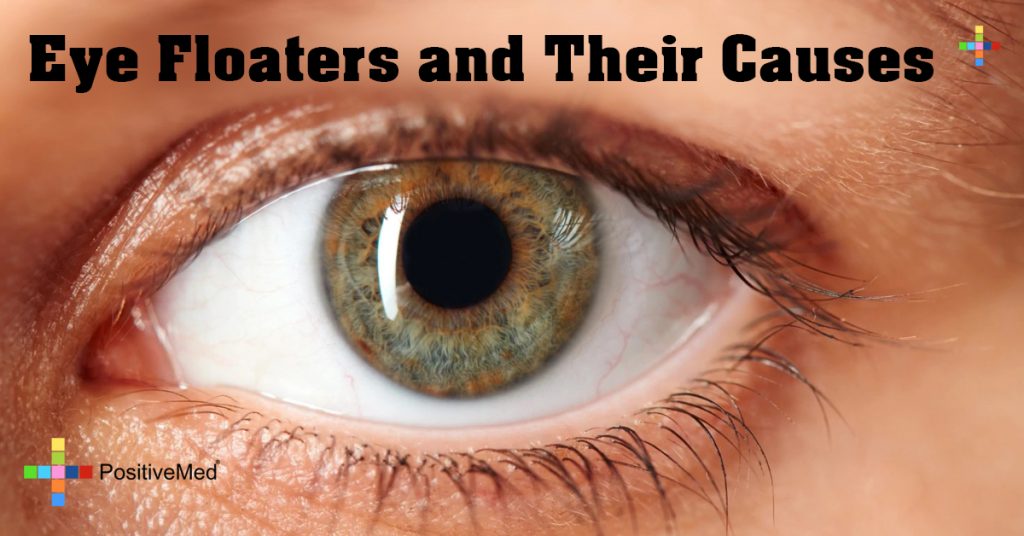
Eye Floaters and Their Causes
What Are Eye Floaters?
Eye floaters are tiny specks that are seen in the vision of your vision, particularly when you look at the bright coloured area such as a white wall or blue sky. They are generated when minute clumps form in the pure, jelly-like matter inside the eyeball. The eye floaters are suspended in this substance, and they move as the eyeball moves. When you try to look at them directly, the floaters seem to vanish.
The floaters can form in different shapes and sizes. Some appear like dots, while others look like little hairy clumps or threads. Mostly, the floaters are harmless and normal. Nevertheless, if they suddenly increase in number, they cause damage to the interior structures of the eye. In such cases it requires doctor’s attention.
What Causes eye floaters?
There are numerous causes of eye floaters such as;
-
The ageing process
The chances of developing floaters increase as one gets older. Mostly, they tend to occur to people who are above 40 years of age. It is most prevalent to the ones in their 60s and 70s. Nevertheless, younger people also develop the floaters.
As one gets older, the vitreous humour at the centre of the eyeball becomes softer. The threads of a protein called collagen become visible within it. As your eyes move, the collagen strands may appear to swirl.
-
The Posterior Vitreous Detachment (PVD)
This is a very common condition that occurs in about 75% of people who are above 65 years of age. It can occur due to changes in the vitreous humour as your eye gets older.
As the eye ages, the centre part of the vitreous humour turns more liquid, and the exterior part—the cortex (has more collagen), shrinks away from the retina. Thus, the floaters develop as a result of collagen clumping and thickening together.
Just the same way as floaters, flashing light can be a symptom of PVD. It can come about if the exterior part of the vitreous humour pulls on the retina—the light sensitive part. This pulling can stimulate the retina, causing the brain to infer it as a light signal forming the impression of flashing light.
-
Retinal tears
In more than half of the people, by the time they are 50 years and above, the vitreous humour has disconnected from the retina. Usually, it does not cause any problems and it goes unnoticed.
In very rare cases, the PVD occurs where the vitreous humour pulls towards on the retina, causing the blood vessels of the retina to burst and bleeding occurs in the vitreous humour. The red blood cells may look like tiny black dots or smoke. After a few months, the floaters disappear as the blood is absorbed back in the retina.
In some instances, the vitreous humour can remain attached to the retina and it can easily tear the retina as it pulls away. If the retina tears, its cell pigments that seep into the vitreous humour causes floaters.
-
Retinal detachment
The retinal detachment is not so common and it affects about 1 in every 10,000 people every year. It mostly affects the people with short-sightedness.
If you happen to have a retinal tear, you are supposed to seek immediate treatment, preferably in an eye hospital, since the tears can cause retinal detachment. This is a case whereby the retina separates from the wall at the back of your eye, which can easily damage your eye sight.
When the light enters through the eye and gets into the retina, it is changed into meaningful electrical signals. These signals are sent to the brain through the optic nerve and they are translated into the images that we see. When the retina is damaged, the images that are received by the brain become patchy or completely lost.
In some cases, the floaters are a sign of retinal detachment. When the retina is detached you will experience;
- Loss of vision
- Bright flash light
- A big number of floaters
If you realise that you may have retinal detachment seek immediate medical attention from your optician.
-
Inflammation at the back of the eye
This is an inflammation at the back of the eye in the layers of the eye in a condition referred to uveitis. It can easily cause eye floaters and it is mostly caused by inflammatory diseases.
-
Other Causes
If you have at some point in your life had an eye surgery especially cataract surgery you are at a risk of experiencing floaters. In some other rare case, floaters can be caused by;
- Eye injury
- Infection
Floaters are very common in people who have short-sightedness and diabetes.
Conclusion
The eye floaters do not cause a lasting visual impairment. However, if you experience them, you should seek immediate optician attention since they can affect your vision.







